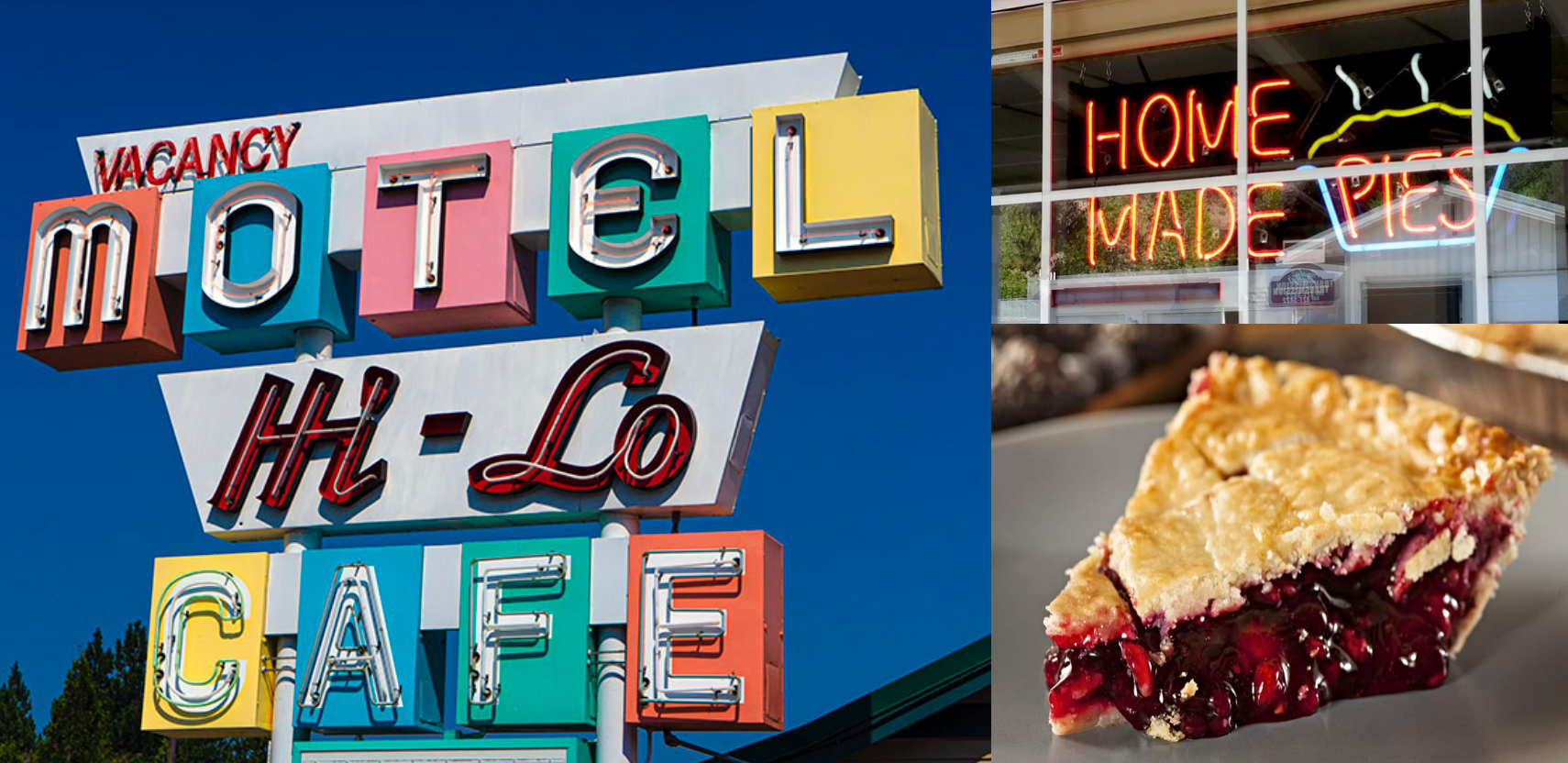This year I resolve to work smarter, not harder.
I plan to pace myself, take my time, and do things right.
I’ll talk less, walk more, and appreciate every moment.
1. Sustain my daily routine at home.
Wake up before sunrise. Walk, stretch, make bed.
Handle all business before noon; reserve afternoons for music.
Practice flugelhorn long tones and rudiments. Prepare repertoire.
Read, study, walk dogs, run errands, and finish chores before daily meal.
On gig nights: allow extra time, drive carefully, arrive early, and read my book.
On free nights: enjoy television, movies, music, and podcasts.
Before bed, put the day up for review and plan tomorrow.
Practice deep breathing and mindfulness meditation.
Sleep soundly for six hours or more.
Progress: Good; 8 out of 9. Gave up on waking up before sunrise and moved my walk to mid-morning. Tried stretching daily for a couple of months, but the habit didn’t take.
2. Make the most of every road trip.
Service van and replenish supplies before every tour.
Plan ahead. Research each day’s driving route, meal, and nature walk.
Drive no more than six hours daily. Rest every two hours.
Schedule one (but no more than two) engagements each day.
Cut costs to increase margins. Overnight with Harvest Hosts when possible.
Maintain personal hygiene and stick to a regular sleep schedule.
Recharge devices and handle business each morning.
Plan breaks along the way for visits with friends.
Progress: Excellent; 8 out of 8. Pleased with my consistency in this area.
3. Prioritize mental well-being.
Relax, smile, and laugh. Choose to be in a good mood.
Limit exposure to negative people and influences.
Watch no more than 30 minutes of daily news.
Spend no more than 10 minutes on social media.
Get outdoors. Appreciate nature. Play with dogs.
Schedule seasonal solitude retreats and staycations.
Make time for real conversations with friends.
Be of service. Offer help and follow through.
Avoid complaining, even to myself.
Stay humble, hopeful, and grateful.
Memento mori. Amor fati.
Progress: Fair, 7 out of 11. Managing anxiety very well, yet still watching too much daily news, and I often catch myself complaining. Need to make more time for friends and actively seek opportunities to be of service.
4. Prioritize physical health.
Enjoy food and drink in moderation.
Limit consumption of caffeine and alcohol.
Follow OMAD and Warrior Diet protocols.
Visit the doctor and dentist regularly.
Progress: Weak, 0 out of 4. Still eating, drinking, and snacking too much. Visited the doctor in January but long overdue for the dentist. Must do better at prioritizing health.
5. Maintain financial discipline.
Boost contingency fund by 20%.
Increase retirement savings by 10%.
Pay off 100% of consumer debt.
Protect home and credit rating.
Progress: Weak, 1 out of 4. Drew down and replenished contingency fund three times already this year. Retirement contributions far outpaced by increased credit card debt, due to (a) higher cost of living and (b) overspending on vacation travel and music projects. Resolve to be more frugal for the remainder of the year.
6. Shut up and listen!
Hold few opinions and express even fewer.
Listen more. Speak less. Two ears, one mouth!
Remain curious, interested, and open-minded. Become laconic.
When possible, try to make the point in one sentence, without preamble.
In conversation, pause to think, then choose words carefully before speaking.
When performing, settle down. Be a supportive listener, not a cheerleader.
Rather than reacting impulsively, respond thoughtfully.
Progress: Weak, 0 out of 7. I’ve been doing the literal opposite of all these. Must quiet my monkey mind!























 Made it to the mitten to find the fall colors in full effect! First order of business: a Steak & Shake burger!
Made it to the mitten to find the fall colors in full effect! First order of business: a Steak & Shake burger! 
























